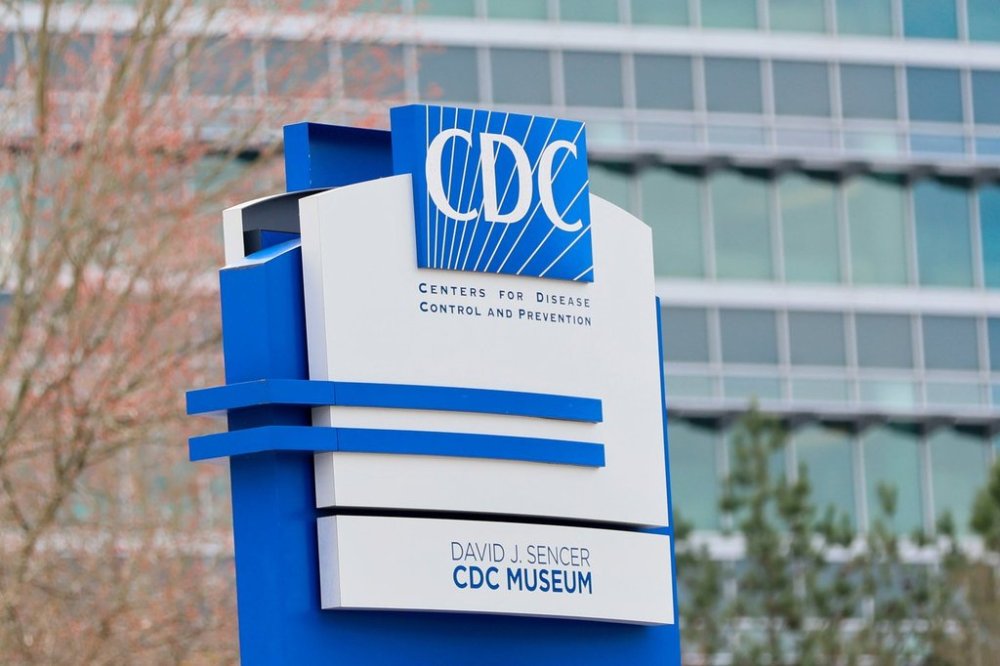Washington state resident believed to be the first to die from a rare strain of bird flu
Advertisement
Read this article for free:
or
Already have an account? Log in here »
To continue reading, please subscribe:
Monthly Digital Subscription
$0 for the first 4 weeks*
- Enjoy unlimited reading on winnipegfreepress.com
- Read the E-Edition, our digital replica newspaper
- Access News Break, our award-winning app
- Play interactive puzzles
*No charge for 4 weeks then price increases to the regular rate of $19.00 plus GST every four weeks. Offer available to new and qualified returning subscribers only. Cancel any time.
Monthly Digital Subscription
$4.75/week*
- Enjoy unlimited reading on winnipegfreepress.com
- Read the E-Edition, our digital replica newspaper
- Access News Break, our award-winning app
- Play interactive puzzles
*Billed as $19 plus GST every four weeks. Cancel any time.
To continue reading, please subscribe:
Add Free Press access to your Brandon Sun subscription for only an additional
$1 for the first 4 weeks*
*Your next subscription payment will increase by $1.00 and you will be charged $16.99 plus GST for four weeks. After four weeks, your payment will increase to $23.99 plus GST every four weeks.
Read unlimited articles for free today:
or
Already have an account? Log in here »
GRAYS HARBOR COUNTY, Wash. (AP) — A Washington state resident is believed to be the first person to die from a rare strain of bird flu, but state health officials said Friday the risk to the public is low.
The person, an older adult with underlying health conditions, was being treated for a bird flu called H5N5 after becoming seemingly the first known human infected by the strain, according to a statement from the Washington State Department of Health.
The person from Grays Harbor County, about 78 miles (125 kilometers) southwest of Seattle, had a backyard flock of domestic poultry that had been exposed to wild birds, health officials said.

“The risk to the public remains low,” the statement from state health officials said. “No other people involved have tested positive for avian influenza.”
Health officials said they will monitor anyone who came in close contact with the person, but “there is no evidence of transmission of this virus between people.”
Earlier this month, the Centers for Disease Control and Prevention issued a statement about the infection that said no information would suggest “the risk to public health has increased as a result of this case.”
H5N5 is not believed to be a greater threat to human health than the H5N1 virus behind a wave of 70 reported human infections in the U.S. in 2024 and 2025. Most of those have been mild illnesses in workers on dairy and poultry farms.
The distinction between H5N5 and H5N1 lies in a protein involved in releasing the virus from an infected cell and promoting spread to surrounding cells.
___
This story has been corrected to remove references stating the person who died was a man. Officials have not released the person’s gender.

